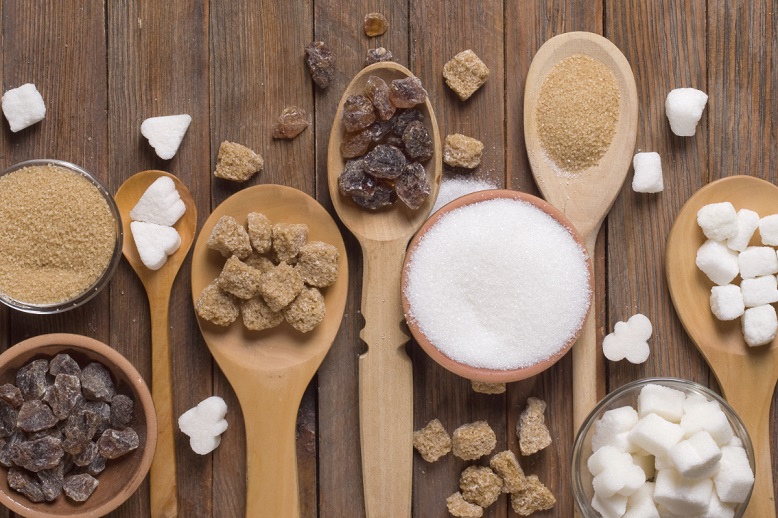 |
| Source: foodbusinessnews.net |
It's no secret that sugar, particularly processed forms (white or brown sugar), contribute to a range of health issues like heart disease, tooth decay, and obesity. As awareness for this problem continues to increase, so does the media hype and the assumption that all sugar should be avoided. However, there are many natural sweeteners that provide great alternatives to processed sugars which can be easily substituted into your baking and cooking.
The reason why natural sweeteners are better for you than refined sugar is that they contain vitamins, minerals, enzymes and other healing properties. Keep in mind that even natural sweeteners should still be consumed in moderation as they are still sugar. However, they're better than the highly processed alternatives. Below are some sugar substitutes natural alternatives you might want to try.
Stevia
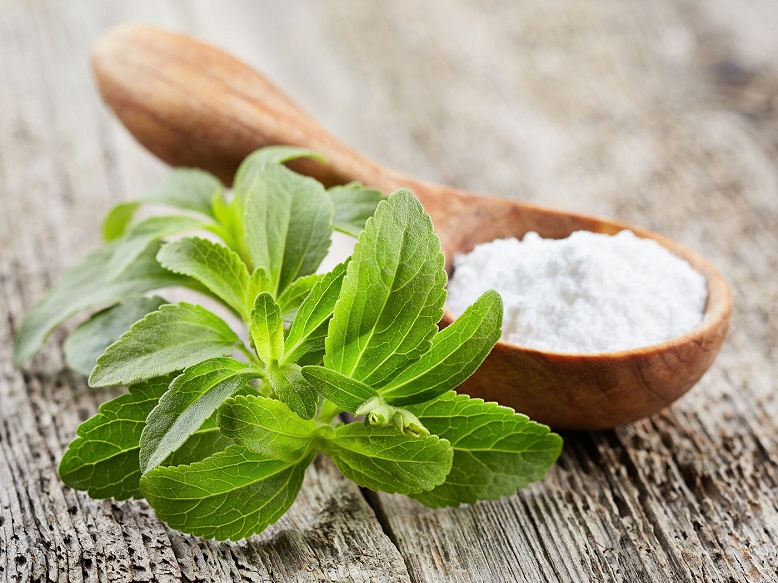 |
| Source: nccingredients.com |
If you are a diabetic looking for natural sweeteners, know that the Australian Diabetes Association include stevia on its list of recommended sugar substitutes. Stevia is also typically the top sugar substitutes natural recommendation for those following a ketogenic diet.
Stevia is heat-stable, so feel free to use it in any way you desire. Just remember that it's 200 times sweeter than sugar, so don't use it in the same ratio. When using stevia in baked goos, to make up for the lost bulk, use 1/3 to 1/2 cup of fresh fruit puree, roasted winter squash, yogurt, one to two tablespoons of coconut flour or two whipped egg whites.
Erythritol
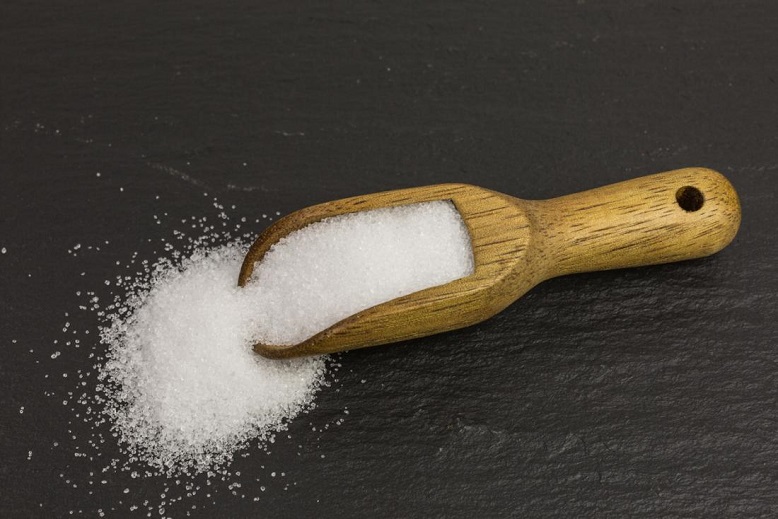 |
| Source: medicalnewstoday.com |
Baking with erythritol is similar to baking with sugar. You can combine it with dry ingredients or cream butter with it. The main difference is that erythritol doesn't dissolve quite as well as sugar. But it's still possible, just a little more difficult. Where smooth texture is required, you can use a powdered version instead for a good and result or grind the granulated Erythritol yourself into a powder using a nut grinder.
Coconut Sugar
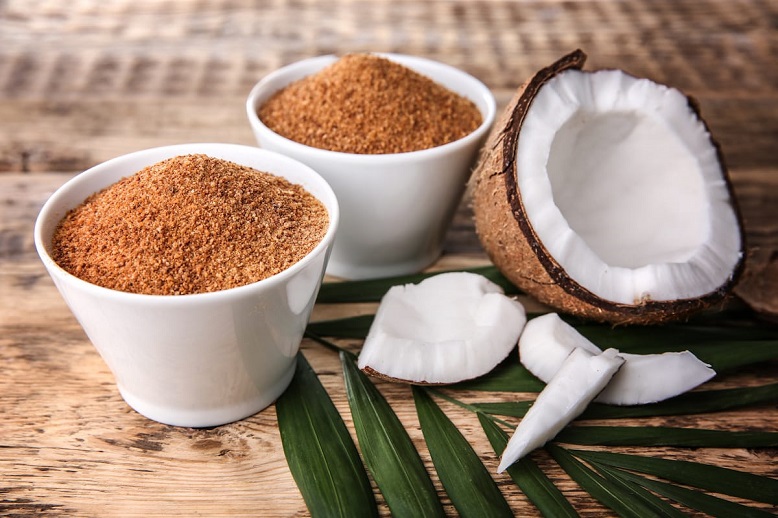 |
| Source: nusagro.com |
Coconut sugar makes a great sugar substitute for baking. When using it in your favourite recipes, measure it just like traditional sugar. It is a little more coarse than refined sugar, but that isn't a problem. To get the desired texture, add the amount of sugar called for in the recipe to your food processor, and give it a whirl.
Raw Honey
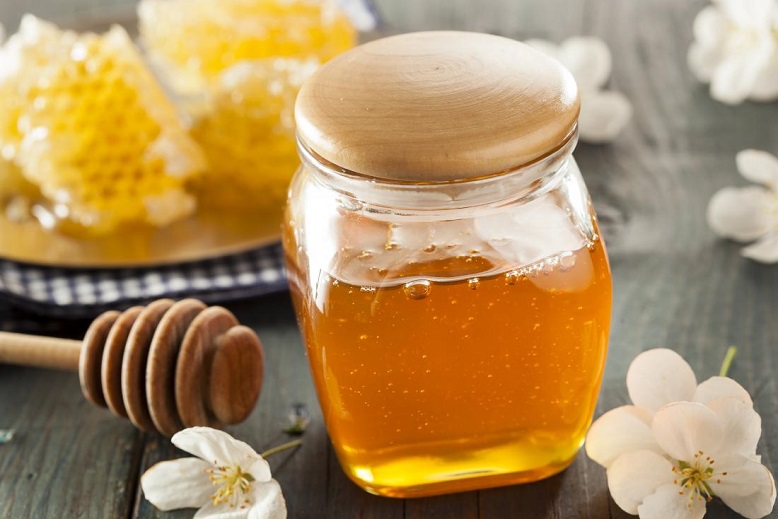 |
| Source: medicalnewstoday.com |
Instead of cooking or baking with raw honey, drizzle it on breakfast cereals, on yogurt, over your sprouted grain toast and for salad dressings. You can also use honey in your tea or coffee too. Just wait until the drink is just tepid enough to sip comfortably, and then add honey to taste.
Maple Syrup
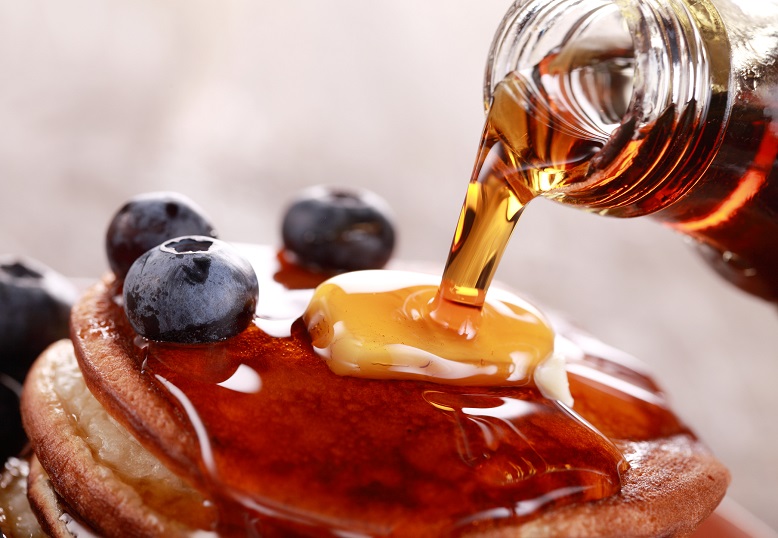 |
| Source: clevelandclinic.org |
Because maple syrup is heat-stable, you can use it in virtually any application. You can add ti to glazes, marinades, sauces, and use it for baking.
Comments
Post a Comment